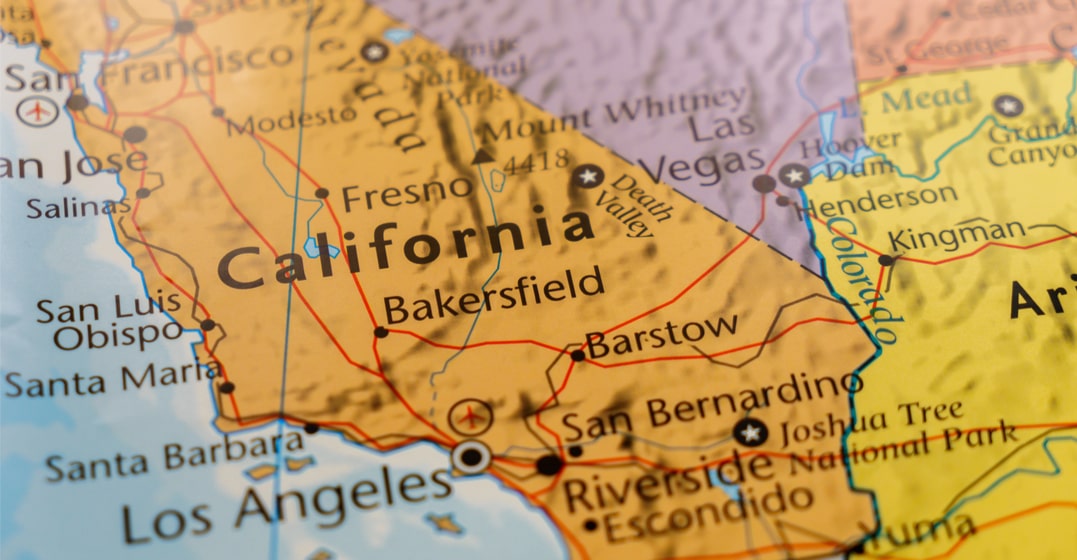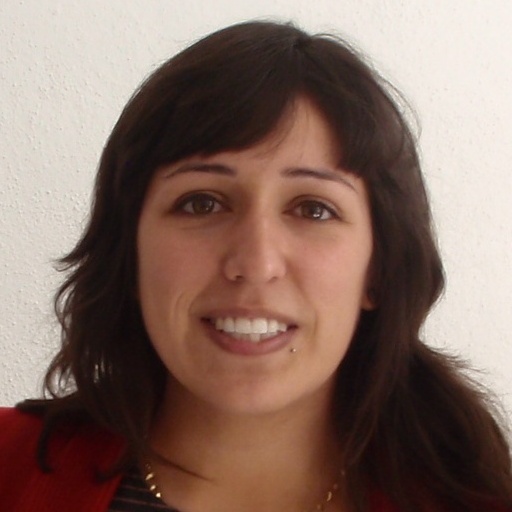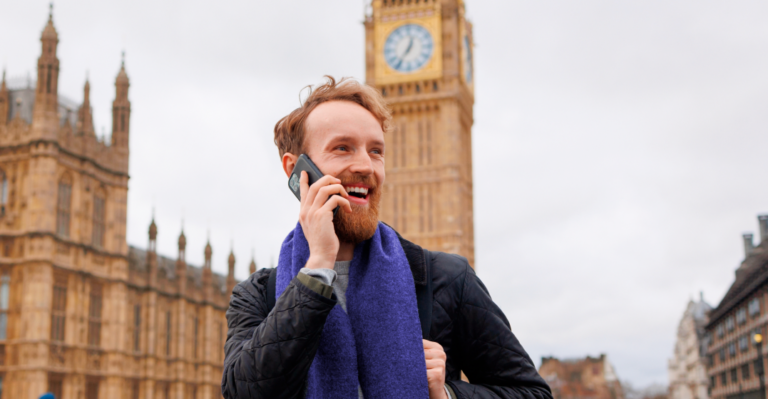Updated on October 15, 2024

Dude, the California accent

Now onto our next stop in the American accents map, we’re in sunny California!
California is the largest state in the USA by population and the third-largest by land area. It is also one of the most diverse states. No single ethnic group makes up the majority of the population.
Residents of California have come from all over the world over the last 170 years. These demographics have affected the California accent. Many Californians don’t believe there is a California accent.
In this article, we’ll talk about some stereotypes, linguistics and slang that make up the California accent.
- What is a California accent?
- Linguistic traits of the California accent
- Slang and California accent examples

Learn English with Lingoda
How it works

What is a California accent?
If you ask an American about accents in California, they probably will think of two stereotypical accents: the valley girl and the surfer.
These accents are real and some Californians sound like this, but they are not as common as portrayed in the media. California is home to Hollywood, so a lot of movies, TV shows and music produced there depict a stereotypical California over reality.
The valley girl
Originally made famous by musician Frank Zappa in 1982, the valley girl accent has become synonymous with the California accent. Frank Zappa recorded his daughter, Moon Zappa, talking in her strange accent in the song “Valley Girl”.
A valley girl lives in the suburban San Fernando Valley, just north of Los Angeles. She is stereotypically middle class, loves shopping, speaks quickly and says things like: “Oh my god”, “Like, totally” and “Gag me with a spoon.”
The surfer
The archetypal character of the California surfer is embodied by Spicoli from the movie Fast Times at Ridgemont High.
The surfer speaks slowly and says things like “right on”, “dude” and “for sure.” The surfer accent is often mocked as the California accent in comedy TV programs like Saturday Night Live.
Linguistic traits of the California accent
There are two major linguistic traits you will find that make the California accent stand out from other parts of the US. These are the cot-caught and mary-marry-merry mergers.
Cot-caught merger
In the California accent, there is often no distinction between the words “cot” and “caught.”
They both sound like /cͻt/ or the vowel in “hot”. In places like the Midwest and New York, there is a clear difference between these words.
Mary-marry-merry merger
In the California accent, you are likely to hear all three of these words pronounced exactly the same: Mary, marry and merry.
The vowel will all sound like the vowel in “red” /rεd/. Mary /mεry/, marry /mεry/ and merry /mεry/. Someone from the eastern United States, however, will make a different vowel sound for each of these.

Learn English with Lingoda
How it works

Slang and California accent examples
The valley girl and surfer are extreme and rare examples of California accents. Most Californians believe that they have a very neutral accent or no accent at all. Here are some of the most common California slang:
| California slang | Meaning | Example |
| dude | Friend, guy | What’s up dude? |
| totally | Yes, very | Do you want to hang out? Totally. |
| For sure | yes | Do you want to hang out? For sure. |
| hella | very | That’s hella expensive. |
| like | No meaning – verbal pause | That shirt is, like, so cool. |
Two hundred years ago, California was part of Mexico and you were likely to hear Spanish. California experienced booms in population after gold was discovered in 1849 and after World War II. People from all over the world came to California. Today, it continues to be one of the most diverse states in the United States, with 39% identifying as Latino.
That’s why some Californians may also know a little bit of Spanish given the population and the historical connection. So it’s common to hear Spanish words like buenos días (good morning) or gracias (thank you) sprinkled into everyday conversation.
Like, totally a California accent
The stereotypical California accent has spread around the world through TV, movies and social media produced in Hollywood. But Californians don’t all sound like valley girls and surfers. There are some very common slang and linguistic developments that make the California accent sound different from Southerners or East Coast Americans.

Learn English with Lingoda
How it works














